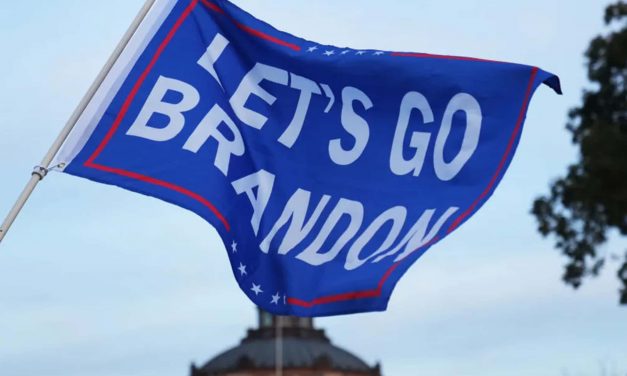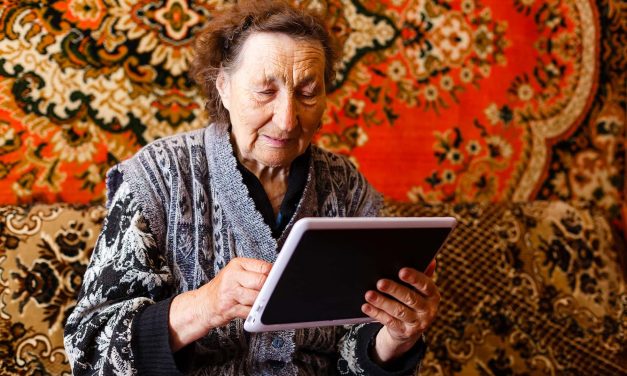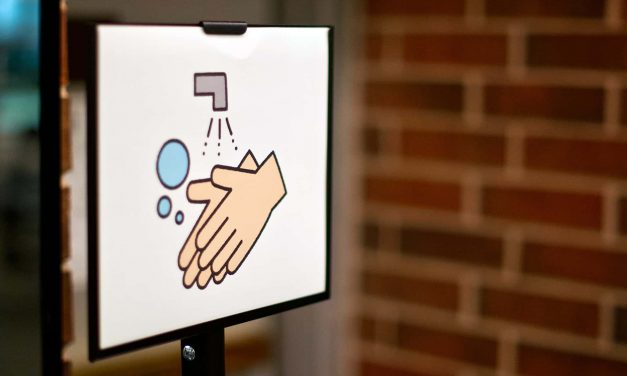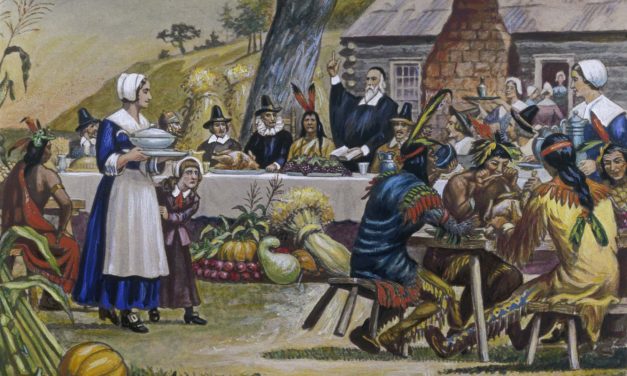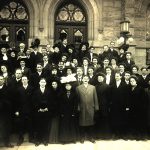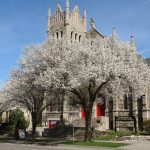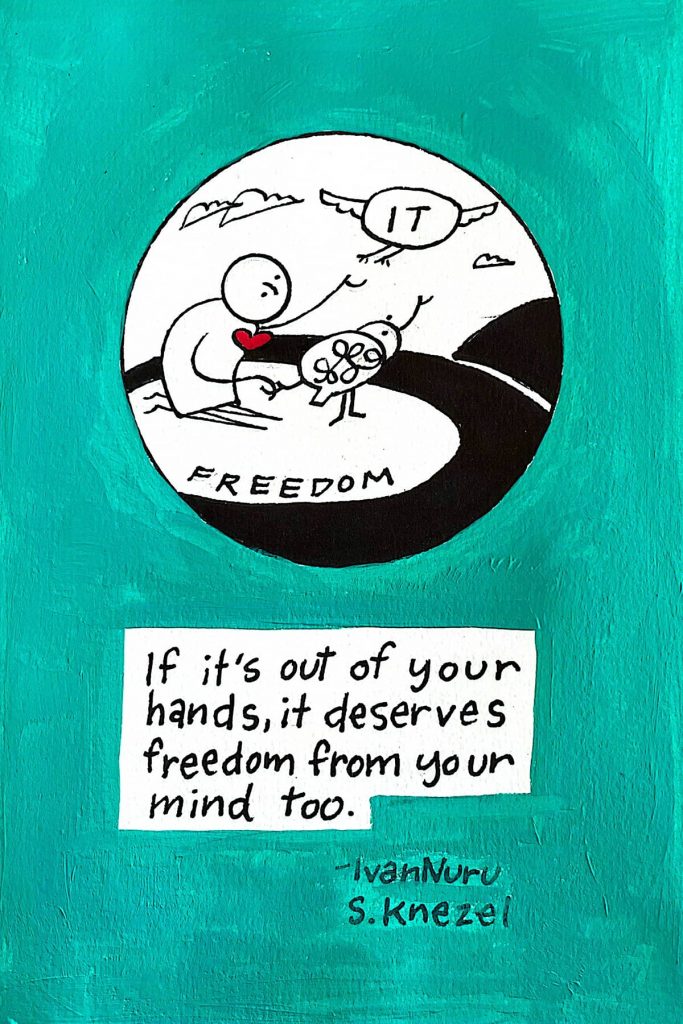Making unacceptable acceptable: The political combat behind the linguistic slur of “Let’s Go Brandon”
By Roger J. Kreuz, Associate Dean and Professor of Psychology, University of Memphis During an interview with NASCAR driver Brandon Brown on October 2, NBC sportscaster Kelli Stavast made a curious observation. She reported that Talladega Superspeedway spectators were chanting “Let’s go Brandon” to celebrate the racing driver’s first Xfinity Series win. In reality, however, the crowd was shouting a very different phrase: “F–k Joe Biden,” a taunt that had become popular at college football games earlier in the fall. The deliberate misinterpretation of the crowd’s chant was a deft bit of verbal legerdemain on Stavast’s part. Although she...
Read More
